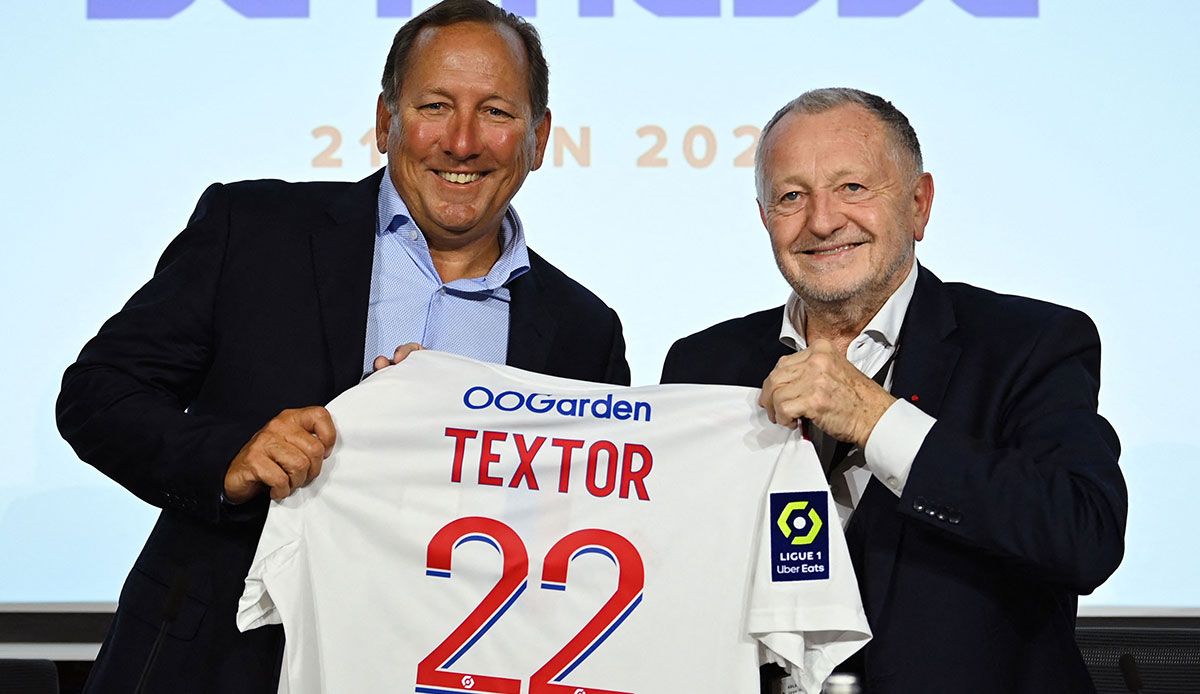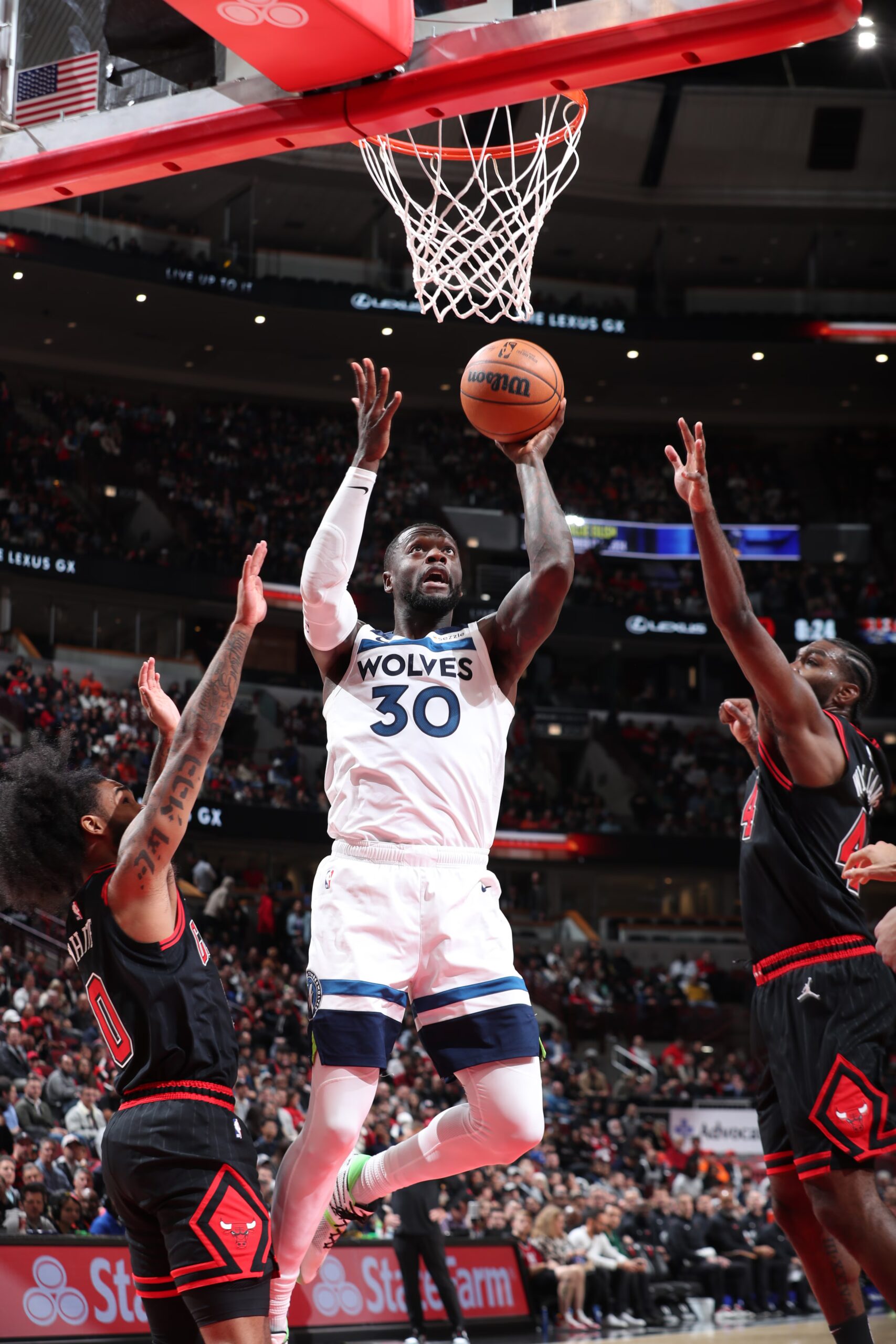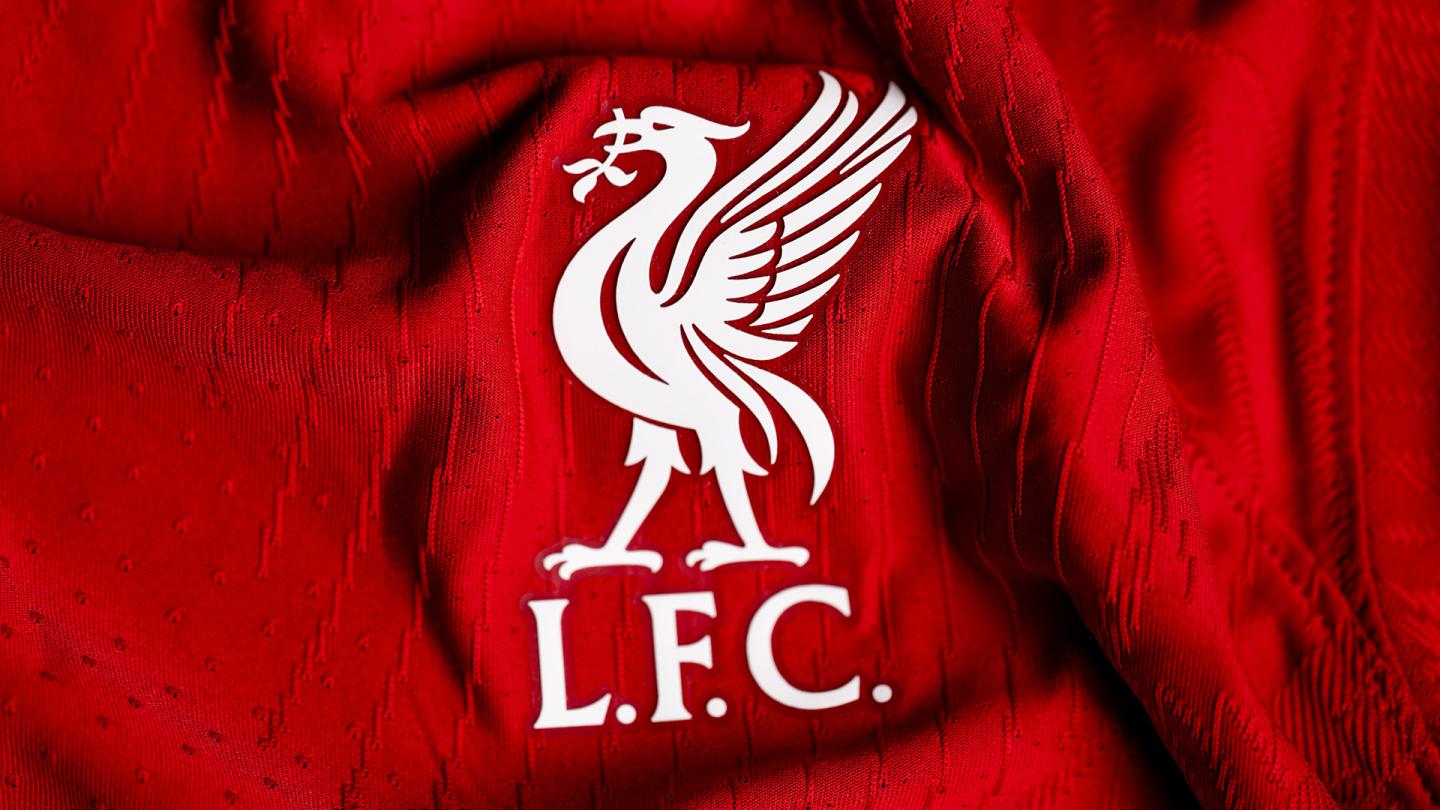
Introduction
John Textor has emerged as a significant figure in the world of football ownership, particularly in the context of rising investment opportunities in the sport. As the owner of several clubs, Textor’s business strategies and investments have garnered attention, making him a pivotal player in the football industry. His activities are not only reshaping the clubs he owns but also impacting the overall landscape of football finance.
John Textor’s Background
Textor, an American entrepreneur and businessman, has built a substantial portfolio in various industries, including technology and entertainment. He is best known in the sports world for his purchase of the English club Crystal Palace FC, further expanding his influence through acquisitions of clubs in other leagues. Notably, Textor is also associated with the Brazilian club Botafogo and the Belgian side, RWD Molenbeek, showcasing his commitment to developing football clubs across different markets.
Recent Developments
In recent months, Textor has made headlines with strategic moves to inject capital into the clubs he owns. His focus on using advanced data analytics and technology aims to enhance player performance and improve the overall business model of the clubs. In September 2023, it was reported that Textor was in discussions regarding a significant investment in a promising young talent recruitment system, which he believes could provide a competitive edge in the football market.
Significance of Textor’s Investments
Textor’s approach signals a growing trend among football club owners who desire to integrate modern technology into traditional practices. By investing in analytics, Textor aims not only to optimise player performance but also to maximise fun and engagement for fans. This forward-thinking mentality reflects the transformation currently taking place in football management, as owners increasingly look to innovate.
Conclusion
John Textor’s financial investments and strategic direction are indicative of a larger shift occurring within football, wherein data-driven decision-making is becoming more prevalent. As he continues to expand his portfolio and influence, the question remains how his efforts will reshape the clubs under his ownership and the football industry as a whole. Fans and stakeholders alike should keep a close eye on Textor’s ventures, as they may very well determine the success or challenges clubs face in the evolving football landscape.
You may also like

Wolves Owners and Their Impact on the Club’s Growth

Discover Wellity Lucky: Exciting Rewards Await

SEARCH
LAST NEWS
- Remembering Wendy Richard: The Promise to Co-Star Natalie Cassidy
- How Did Anglian Water Achieve an ‘Essentials’ Rating for Mental Health Accessibility?
- Shai Hope Leads West Indies in T20 World Cup Clash Against South Africa
- What We Know About Weston McKennie: Future at Juventus and Past at Leeds
- What We Know About the Upcoming Live Nation Antitrust Trial